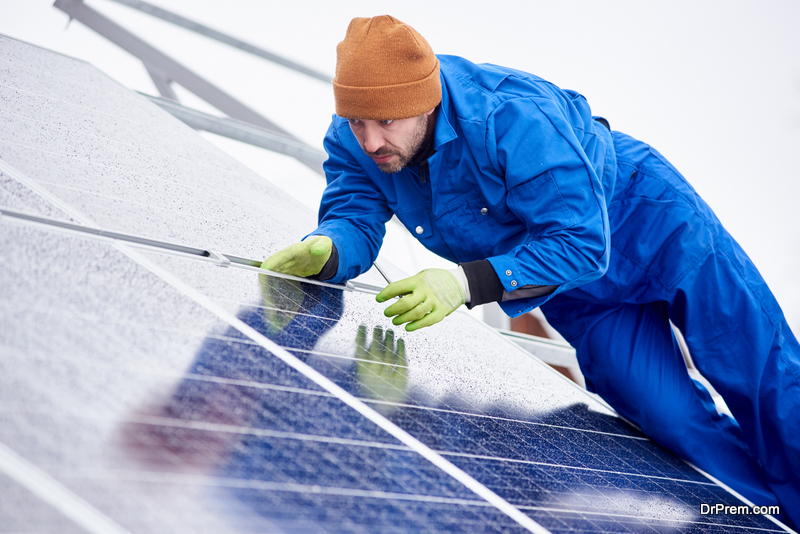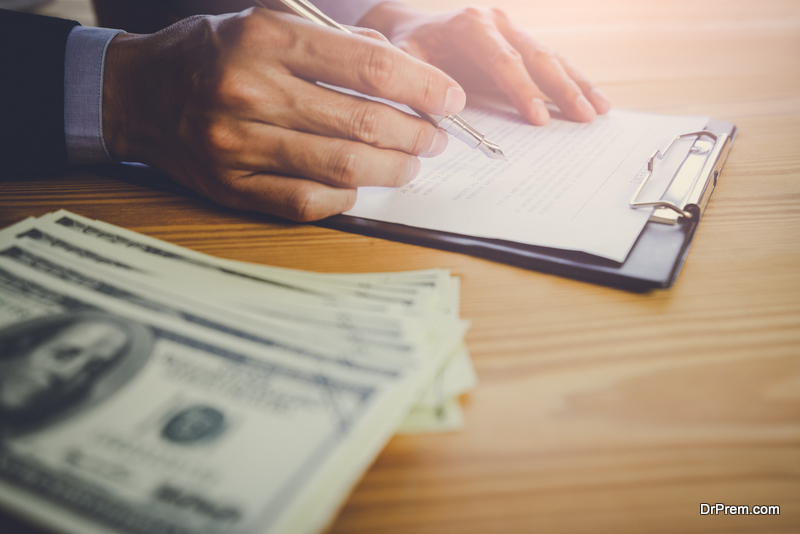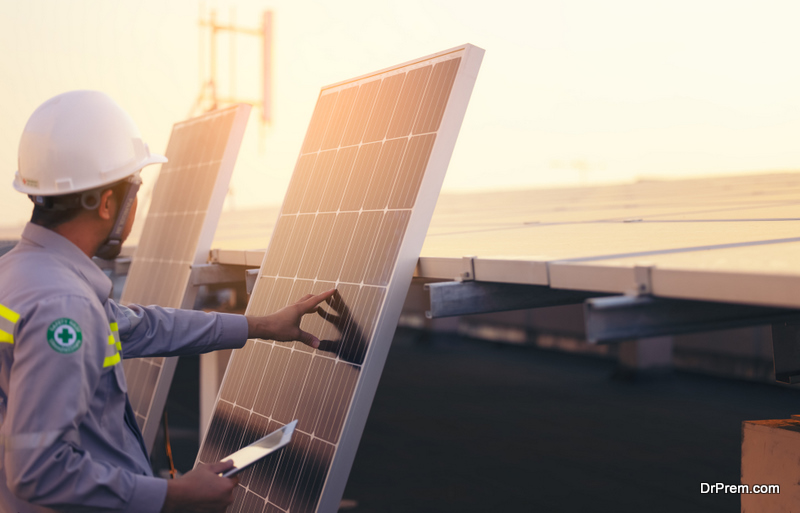The popularity of solar panels has been steadily increasing over the years. This is because solar panels generate clean, emission-free electricity to power your home, and so reduce your carbon footprint. On top of that, solar panels can help you cut your energy bills as well as make money (more about this later!). For example, you can reduce your bills by up to 70% with solar panels in the UK.
Even with all of the ways you can save or make money, solar panels are still a big investment that require some thought and consideration before purchasing. That’s why we’ve listed out 5 things you should consider before buying solar panels to help make your installation process easier:
1. Is your roof suitable for solar panels?
There’s no point in installing solar panels if you don’t have an appropriate place to put them. It’s important to have a professional evaluate your roof beforehand, so that you know how much weight it can take and whether or not you have the available space. A collapsed roof is definitely the last thing you want to deal with.
Furthermore, if your roof is old or damaged then some repairs may be necessary before installing solar panels. It’s good to take care of this and fix any problems before the installation, so you can avoid paying extra to dismantle the work to fix it at a later point.
2. Which direction should solar panels face?

In the northern hemisphere, the optimal direction for solar panels to face is south, as this exposes them to the most sunlight. In the southern hemisphere, it is the opposite, with north-facing panels getting the most light exposure. In either hemisphere, east- and west-facing solar panels should also be able to generate a decent amount of energy.
3. Will it affect your home’s water runoff?
When installing solar panels, equipment like racking and wire harnesses can disrupt water from flowing into the gutters and draining properly. In some cases, this can lead to leaks which may cause further damage.
To avoid this situation and having to remove your solar panels, make sure to talk to your contractor beforehand. This way they’ll be aware of any concerns you may have and can present a plan to prove to you that the water runoff won’t be affected by the installation.
4. Do you have the right insurance?

Even if you’re working with a reliable installation company, there’s always a chance that problems or accidents could arise, which could cost you a fortune. Therefore, it’s important to have the appropriate insurance to keep you and your home covered just in case.
Also after the installation is complete, extreme weather conditions such as lightning, hail, and hurricanes could potentially damage your solar panels. For that reason, it’s important to check whether your insurance covers these types of events, especially if you live somewhere where severe weather is more common.
5. Are you eligible for solar panel grants?
One last thing to consider is whether you are eligible for any solar panel grants. For example, in the UK you could receive 0% VAT for solar panels, either for the whole product or just for the installation. In the UK and some other countries, you can also make money with your solar panels. How? In the UK, they have the Smart Export Guarantee (SEG), where you can sell your surplus energy back to the grid. Check with your energy supplier if this is also possible for you.
Hopefully this list has given you a better idea of what to consider before purchasing solar panels. If you feel ready to make the next step, then it’s a good idea to compare the best solar panel systems out there so that you can find the best fit for your home.
Article Submitted By Community Writer


